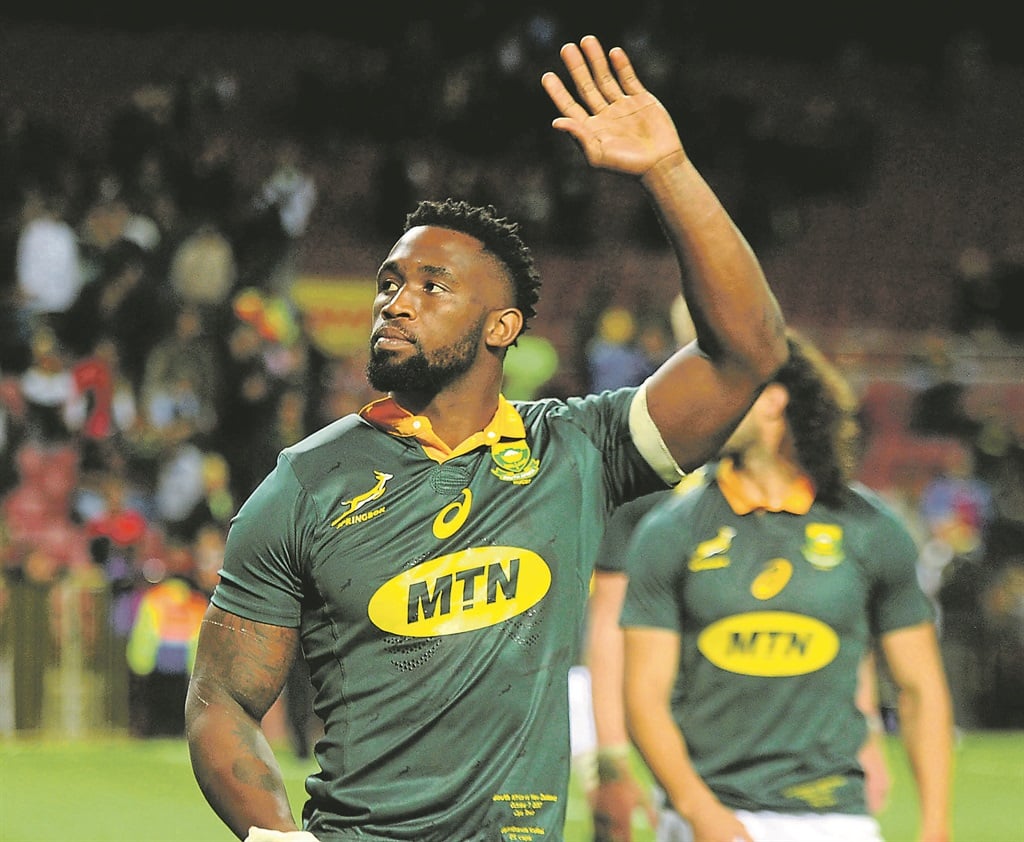
With a debate over quotas sparked by Springbok captain Siya Kolisi, Vincent Silingile writes that those who are in positions of influence should stand up to change the status quo
Imagine Patrice Motsepe crying foul because he is called a BEE billionaire.
Just imagine him in a club of old white money billionaires.
Would he actually feel insulted by such a statement?
Or Sam Tshabalala, one of the top 40 chief executive officers (CEOs) of JSE-listed companies, being called an affirmative action candidate.
Let’s take it further. Students at the universities of the Witwatersrand, Cape Town, Pretoria or Stellenbosch – places that were mostly reserved for white people – is it an insult to say they are there based on their skin colour and through a policy meant for redress and to deracialise whites-only institutions?
Would it be an insult to tell black people who live in Sandton, Constantia, Clifton and other affluent areas that were reserved solely for white people that they are a product of a democratic process and that is why they are able live in those areas?
I am raising these simple questions because we try so hard to trivialise the statement by Siya Kolisi – the first black rugby player to hold the captain position in a sport that has kept thousands of other well-deserving players away – about transformation in sport, when his views could be detrimental to the progress made so far.
Change at that level will give other black players a dreaming opportunity of reaching that pinnacle in their lives too.
Transformation starts with the mind – if black children can dream, then they’ll strive.
Saying transformation must start at grassroots should not be replaced with transformation at face value.
Now, as sons and daughters of domestic workers, we know it’s possible to be CEOs, billionaires, actuarial scientists because we see those before us.
BEE policy didn’t take away or replace Motsepe’s hard work and determination to succeed, but enhanced his opportunities to be able to buy those mines from Anglo American.
It gave him access to a world that had not been accessible to a black man. Why would he feel insulted when told that his is a BEE privilege?
The same with every black CEO who is enjoying the spoils of being part of the elite. Without affirmative action, they wouldn’t have had a chance.
Without the ANC government’s insistence on transforming the corporate sector, black people wouldn’t have been considered and they are still not the first choice, though they have the qualifications and skills.
There were hard-working businesspeople and talented individuals before apartheid’s demise, but they weren’t given any opportunities because systematic oppression kept black people down.
Policies had to be put in place to dismantle the supremacy of one minority race over the majority who were discriminated against.
Just as the Afrikaaners sent their kids overseas to learn the trade and economics to grow their economy and start businesses, so sending a black child to a white school, or those Model C schools, shouldn’t be an albatross around their necks or a form of colonising the child.
As Greek playwright Aristophanes said: “Men of sense often learn from their enemies.”
But the political elders left it to chance and luck for the real education – political education.
Black children need to be educated to beat the system; they need to understand what they are up against to eradicate poverty, transform the economy or represent the country in any sporting code.
OR Tambo once said: “You were not wanted. You were, at best, tolerated. You had to be constantly on your guard, like an animal in a jungle full of beasts of prey. You experienced it all within the short distance of five miles from the gates of St Peter’s to Park Station in the city.”
This still rings true. A black corporate lawyer is treated like a tea lady in the boardroom; a black executive’s decision is taken on review.
It is only those in positions of power, like Kolisi, who change the mind-sets of those around them about why we need these policies instead of feeling ashamed about them.
It is people like former CEO of FirstRand Sizwe Nxasana who are supposed to question their companies’ policies that discriminate against black people; like Nothando Migogo, the newly appointed managing director of the Dramatic, Artistic and Literary Rights Organisation, who must make sure that the policies at the SA Music Rights Organisation, which were there in the 1960s and kept black artists out and caused them to lose billions of rands, are amended to represent the current demographics.
Black people in any positions of power must stand up and represent the country’s majority, otherwise this democracy will not work.
The ANC’s social contract is to transform and create a democratic society that is nonracial, nonsexist and equal.
If the ANC fails in this, others will replace us in power.
That is why it is important for Kolisi and every other black leader to stand up and fight. Fight for those who will come after you are long gone.
Silingile is a member of the ANC Drakenstein branch




 Publications
Publications
 Partners
Partners








